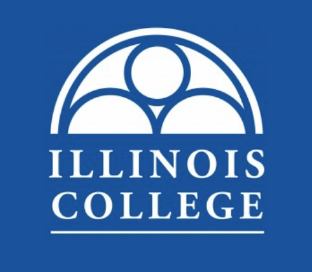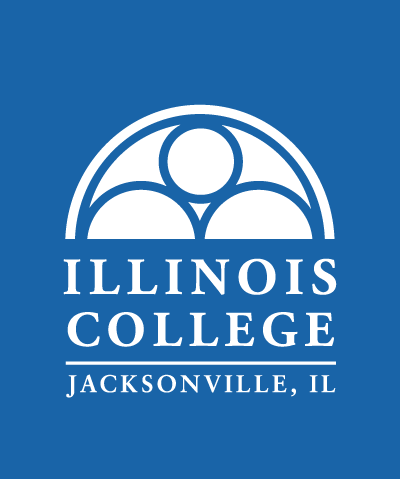Health Policies and Requirements
Mandated Health Forms are required to attend Illinois College. The Mandated Health Forms for new students can be found on the Enrollment Checklist and are listed below:
- Required Medical Information Form
- Physical Exam Form
- Immunization Records Form
The Physical Exam Form and Immunization Record must be completed and signed by a healthcare provider. The Required Medical Information Form must be completed by the student and signed by the parent if applicable.
All documentation must be uploaded to the Chesley Health and Wellness Center app located on Single Sign-On portal (SSO) by July 1 for the Fall semester and December 1 for the Spring semester. Completion of all items will expedite your progress through new student orientation. Failure to provide the mandated health forms by the 10th day of class will result in a registration hold on the student’s account.
Please see Illinois College Health Compliance Policy on Connect2 for more information.


